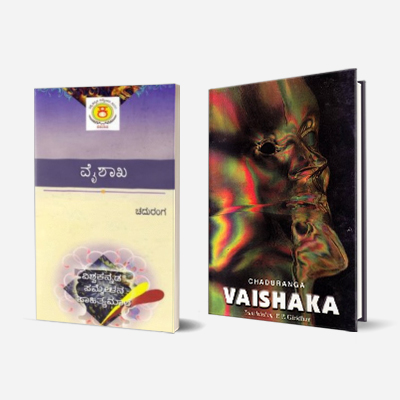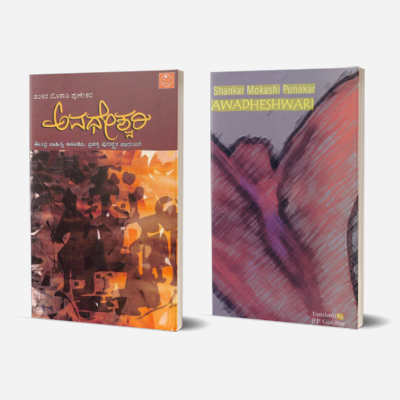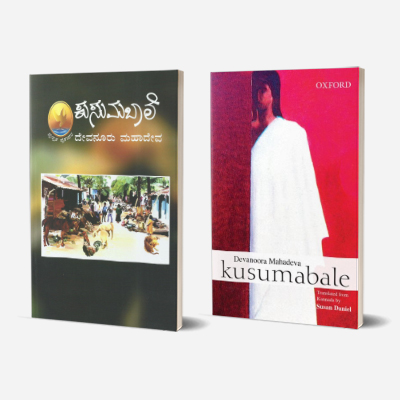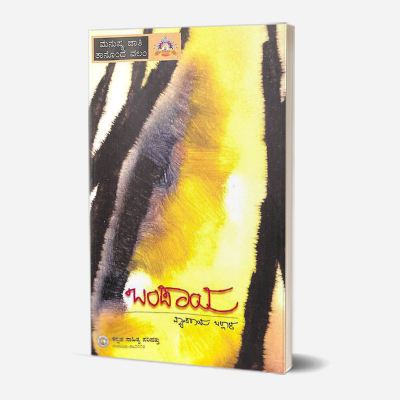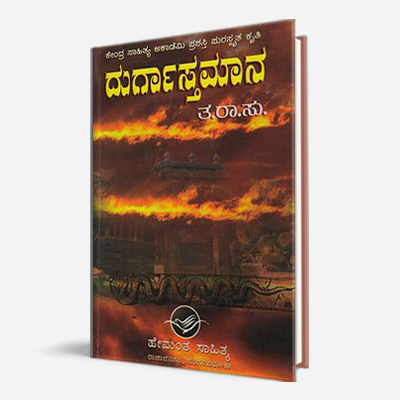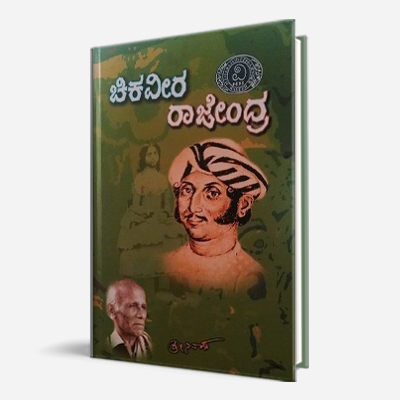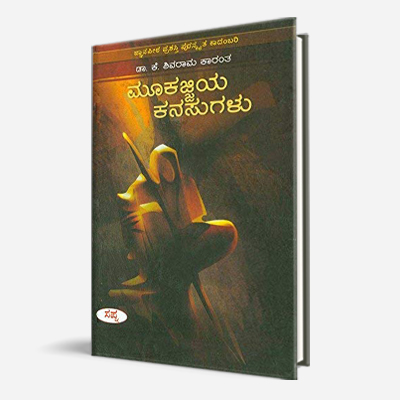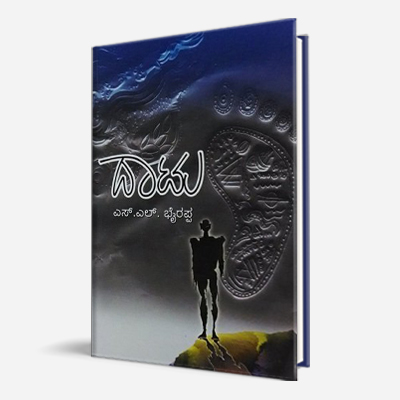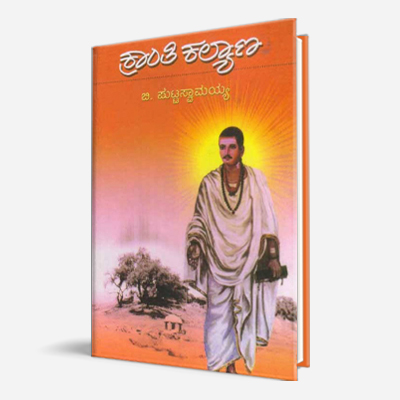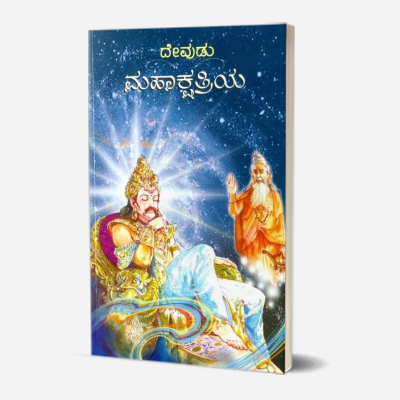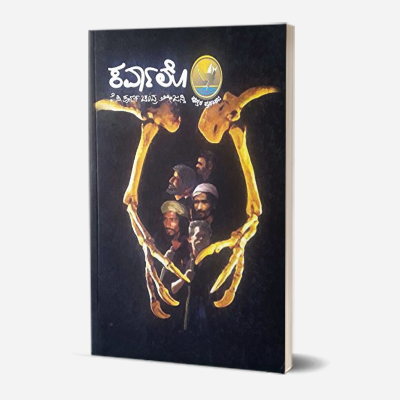Vaishaka
By Chaduranga
Translated into English by P.P. Giridhar
The author presents a variety of men-women relationships but it is not a novel about sex or love. Its central focus is on the growth in the consciousness of a young Dalit called Lakka and his struggle to regain his lost innocence in a corrupt environment. Vaishakha is highly experimental in its use of fictional technique and language, which also imbibed the spirit of the literature of protest born as reaction to the Navya movement. The total perspective of the novel is larger than Lakka’s consciousness. This perspective includes a carefully constructed outer reality and enables the novelist to overcome the dangers which lyrical novels usually face. In its blending of complexity of detail and vitality of theme, in its delightfully graphic description of rural Karnataka and finally in its suggestion that there is a way out of the all-encompassing claustrophobia of caste, it is a contribution to both Kannada and Indian literature. It received the Sahitya Akademi Award in 1982.
About the Author
Chaduranga, which is the pen name of M. Subramanya Raje Urs (1916-1988), was a stalwart of the Progressive Movement in Kannada literature. Novelist, short-story writer, dramatist and filmmaker, Chaduranga wrote eight collections of short stories, three plays and four novels. Recipient of both the Karnatake State Sahitya Akademi and the Central Sahitya Akademi Award, Chaduranga was a widely respected figure in the cultural scene of Karnataka who also carved a niche for himself in the history of modern Kannada novels.
